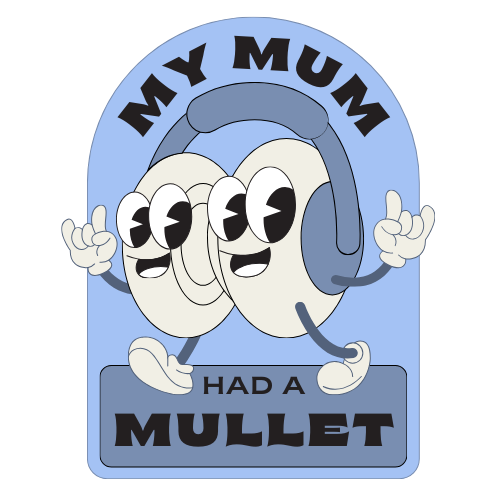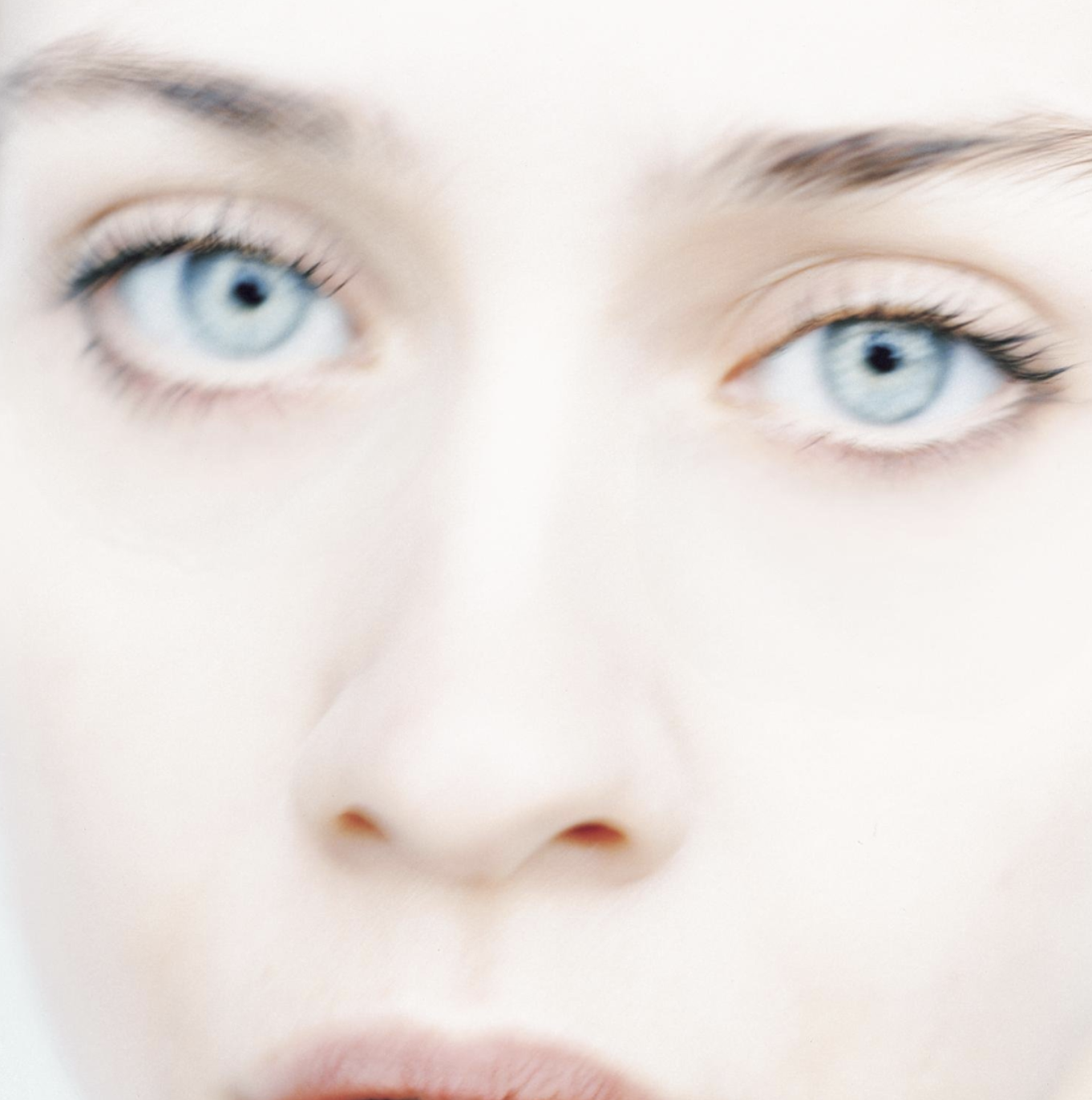Fiona Apple’s “Tidal” turns 28
It's rare that a debut album has so much self-assurance. It's strong, it's eloquent, and it is uncompromisingly Fiona Apple.
Tidal cover art, shot by Joe McNally.
Fiona Apple’s debut album is 28. Most of these lyrics were penned when she was just sixteen, an age in which most of the rest of us were busy popping pimples in the bathroom mirror and wondering if everyone else hates the taste of beer as much as we do.
But Fiona Apple is not like the rest of us. She is a force of nature, a strong and sensitive woman who demands respect. Rebecca Haithcoat describes the feeling of listening to Tidal perfectly, saying, “Her voice is husky with an emotion I had been subconsciously taught to tamp down my whole life — rage.”
She bares her emotions in all their complexity, beautifully and unapologetically. It brings so much comfort to know that someone so admired is also incredibly sensitive, and that is exactly her strength.
She covers things as relatable and universal as teenage girlhood, to her traumatic experience of being raped at 12. Her brutal honesty in all of it is mesmerising beauty embraces all the messiness of life and girlhood.
She writes about it so well, in fact, that when Andrew Slater first heard the songs, he didn’t believe that Fiona Apple was the one writing them. He told the New York Times, of meeting her for the first time, ”I was not entirely convinced that this person sitting in front of me — who was clearly 17 — had written those words”.
“Her brutal honesty in all of it is mesmerising beauty embraces all the messiness of life and girlhood.”
Fiona Apple started writing at 11 years old, when she would compose scores for animal scenes playing on National Geographic. “I would go to my room and try to make the chase happen on the piano”, she says.
The first time she wrote a song with words was for a friend. The story goes that her friend Manuella had a fight with her parents, and her thought process was “when your friend is upset, you write a song for them.”
Now, she describes writing as something that comes not from enjoyment, but necessity. She describes her songs to Craig Ferguson as “pep talks”, saying, “I write all these songs that are very angry towards people, and it’s all about trying to make it seem like I’ve got it all under control. And it’s not true, I never feel like that when I’m writing the songs, they’re all kind of pep talks. But they end up coming true later on. After a year or two, I’ll finally actually feel as strong as I tried to pretend I was when I wrote the song”.
She ends this with some chuckling and Craig Ferguson accurately describing her as a “very complicated woman”. And that is her magic. She bridges this gap between who you are and who you want to be, welcoming both.
“There are many reasons why this project is admirable. The fact that the lyrics imply a wisdom far beyond Fiona’s age is just one of them.”
“Whenever I’ve written a song, it’ll just come off of one thing that catches my eye, so to speak, in life. Something that somebody said that I thought was so appalling and insulting that also happens to have a really cool rhyme that can go with it. And then there’s two lines, and two more lines, and you’ve got a verse, and it just kind of goes off from one thing.”
And she takes joy in the process of finding the perfect fit. “You can always find a rhyme that makes exactly the right sense”, she tells Sacha Frere-Jones.
That being said, she is by no means prolific. As much as she “really enjoys fitting words together”, she “only enjoys it when it’s kinda easy”. She says, “I will only work if I absolutely have to”. She’s just like us.
All these puzzle pieces culminated in a perfect debut project. Her eclectic interests come together in this blend of jazz, alt-rock, pop, and even a dash of hip-hop. Some songs have the urgency of that chase scene she scored at 11, like Sleep to Dream. Others have deep melancholy from growing up too soon, like Sullen Girl and The Child is Gone.
There are many reasons why this project is so admirable. The fact that the lyrics imply a wisdom far beyond Fiona’s age is just one of them. The obsession over this album is just as much over the relatability of the lyrics as the awe of such eloquence.
Throughout the entire album, she displays the duality of her sensitivity and her strength. On Criminal — which she wrote in 45 minutes — she grapples with her ability to use her sexuality to get what she wants, while facing the guilt that comes with it. On Sleep to Dream, written at 14 years old, “Fiona is not asking for a little respect; she insists on a lot, rips it into her deserving hands”, describes Jenn Pelly for Pitchfork.
Her voice ranges from a fragility so extreme that it almost feels that if you listen to hard, it might snap, to a powerful gruff that demands you to respect yourself. She sings not from the head nor the throat, nor the heart, but from the gut.
In an interview with Pitckfork, she says, “I’m really, really sensitive, and it’s not easy. I’m a person who does not have a thick skin. And I don’t think I really want a thick skin. I don’t want to grow a callus all over myself. I don’t feel like I would be able to make anything that I would love if I did that.”
She pours her heart out and does not apologise. In fact, “the whole reason why I wanted to make an album in the first place”, she says, “was because I was so tired of trying to explain my personality to people”. The point was to lay her soul bare, all parts of it, and leave it at that.
This is why she shows so many aspects of herself. She sings of temptation in The First Taste with the lines “I do not struggle in your web, because it was my aim to get caught”.
Never is a Promise faces betrayal but dealing with it on her own: “You say you’d never let me fall from hopes so high, but never is a promise and you can’t afford to lie.” Pale September faces loss and hope, “And all my armour falling down in a pile at my feet / And my winter giving way to warm as I'm singing him to sleep”.
The closer, Carrion is a sonic tug-of-war between aloofness and frustration. She almost whispers to the song's subject how there’s no reason for hope, as she’s “gone away”. Yet suddenly, a grandiose orchestra takes over the music. She sings about the internal struggle of being with someone when your love for them has faded: “And all I want is to save you, honey, or the strength to walk away”.
Fiona Apple has no room for bullshit. She does not care to try and be something that she’s not. And with all her sensitivity and emotion, that is her ultimate strength. Her radical self-acceptance comes across in this debut. Even with all her baggage, in no song is she regretful for how she feels or who she is.
She perfectly captures the experiences of teenage girlhood while remaining unapologetically herself. She’s often misconstrued as constantly sad — but she’s explained that it’s because she only writes when she feels bad. She’s seen as shy, but in reality, she just doesn’t speak if she has nothing to say.
And when she speaks, sings, or bangs on the piano, we all listen. Because if Tidal proves anything, it’s that Fiona Apple is truly one of the greats. And she doesn’t give a shit about it.

